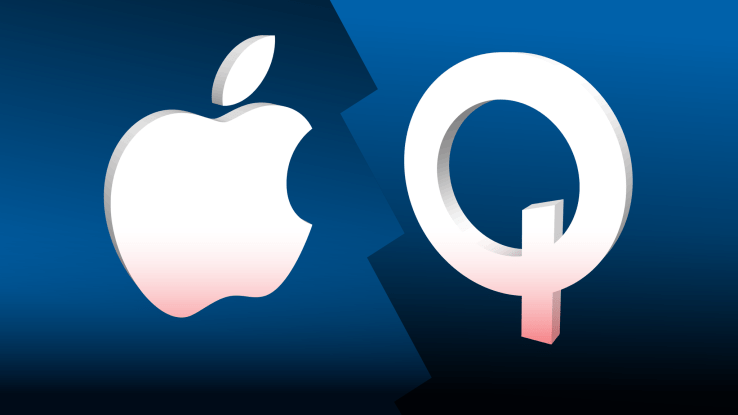
It’s no secret, Apple and Qualcomm have been fighting relentlessly[1] for a few months over royalty payments. Apple told Qualcomm that it would stop paying[2] the disputed licensing fees. Qualcomm confirmed[3] the agressive move and said that its revenue and profits would be lower than expected.
Apple said[4] that it is waiting for a court decision to resume payments. Of course, the company expects to pay a lower fee after the decision.
Qualcomm executive vice president and general counsel Don Rosenberg said in a statement[5] that “Apple is improperly interfering with Qualcomm’s long-standing agreements with Qualcomm’s licensees. These license agreements remain valid and enforceable.”
If you missed a couple of episodes, you might be wondering what happened between these two companies. Qualcomm is a key chipset supplier for many of the smartphone makers around the world, manufacturing the systems-on-a-chip or LTE modems that power your devices. But that’s just one part of Qualcomm’s business model.
The company also has a ton of patents related to wireless technologies. In other words, if you want to build a smartphone, you need to license those patents from Qualcomm. While revenue from chips is growing faster than licensing revenue, it still represents around a third of the company’s total revenue.
But Qualcomm may have gone a bit too far. In December, South Korea’s antitrust regulator fined[6] Qualcomm roughly $850 million (1.03 trillion won) for its patent royalty activities in South Korea.
According to the regulator, Qualcomm licenses too many patents, forcing smartphone makers to pay expensive royalties for patents they might not even need. In addition to that, Qualcomm has been menacing smartphone makers, telling them...